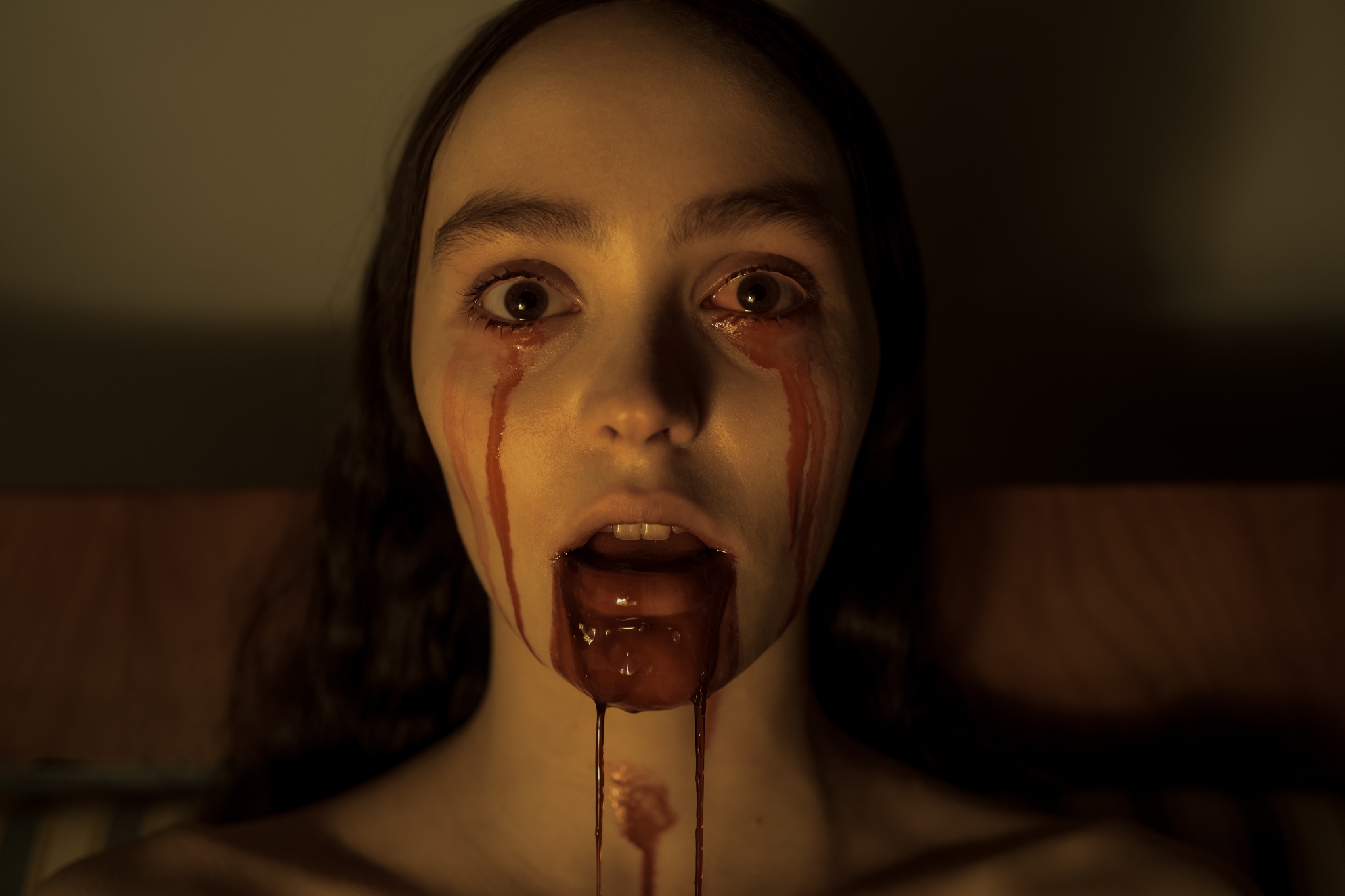

Robert Eggers’ 2024 Nosferatu is not only a retelling of the original, but an excavation of fear itself. A Rabbit’s Foot spoke to Eggers and the cast Lily-Rose Depp, Bill Skarsgård, Willem Dafoe, Emma Corrin and Nicholas Hoult to uncover what it means to step into a world defined by its shadows, and what Nosferatu reveals to us, a century later, about ourselves.
In its original 1922 form, FW Murnau’s silent classic Nosferatu: A Symphony of Horror was never just a film. It was a silent reckoning, a masterstroke of fear and longing that defined Gothic cinema. To reimagine it is to tempt the Count himself, yet Robert Eggers approaches it with the assured precision of a craftsman who understands where the shadows must fall. “You don’t remake Nosferatu lightly,” Eggers tells me. His words, much like his films, are deliberate. “It’s sacred ground. But the story endures because it’s elemental. It taps into something buried deep in us.”
The Gothic has always thrived on dualities: light and dark, beauty and decay, repression and desire. These tensions pulse through Eggers’ vision, a film that feels both timeless and disturbingly alive.
Eggers’ Nosferatu retells the story of the silent classic. The story follows Count Orlok, a spectral vampire who leaves his crumbling Transylvanian castle to spread terror and destruction in a small German town. Under the guise of a property deal arranged by a young clerk, Thomas Hutter, Orlok becomes entranced by Hutter’s wife Ellen. Her determination and profound sacrifice lie at the heart of the tale, as she faces the darkness Orlok brings in order to free the town from his grip.
Yet some things have changed. The director recalls that once he “realised Ellen could be the central protagonist, that’s when it got exciting. Lily-Rose Depp’s heroine emerges as the story’s emotional anchor, a character shaped by fragility yet brimming with defiance. “Ellen wrestles with shame and desire in a world that doesn’t let her be all that she is,” Depp tells me. “Her journey is about transformation, finding strength within her fragility.” The purity of Ellen’s white dress, evocative of Gothic heroines past, evolves as the story progresses. “The white dress becomes a symbol. It starts as a marker of purity, but by the end, it represents resilience […] there’s vulnerability in it,” Depp reflects. “But it starts to feel like part of her power too.”
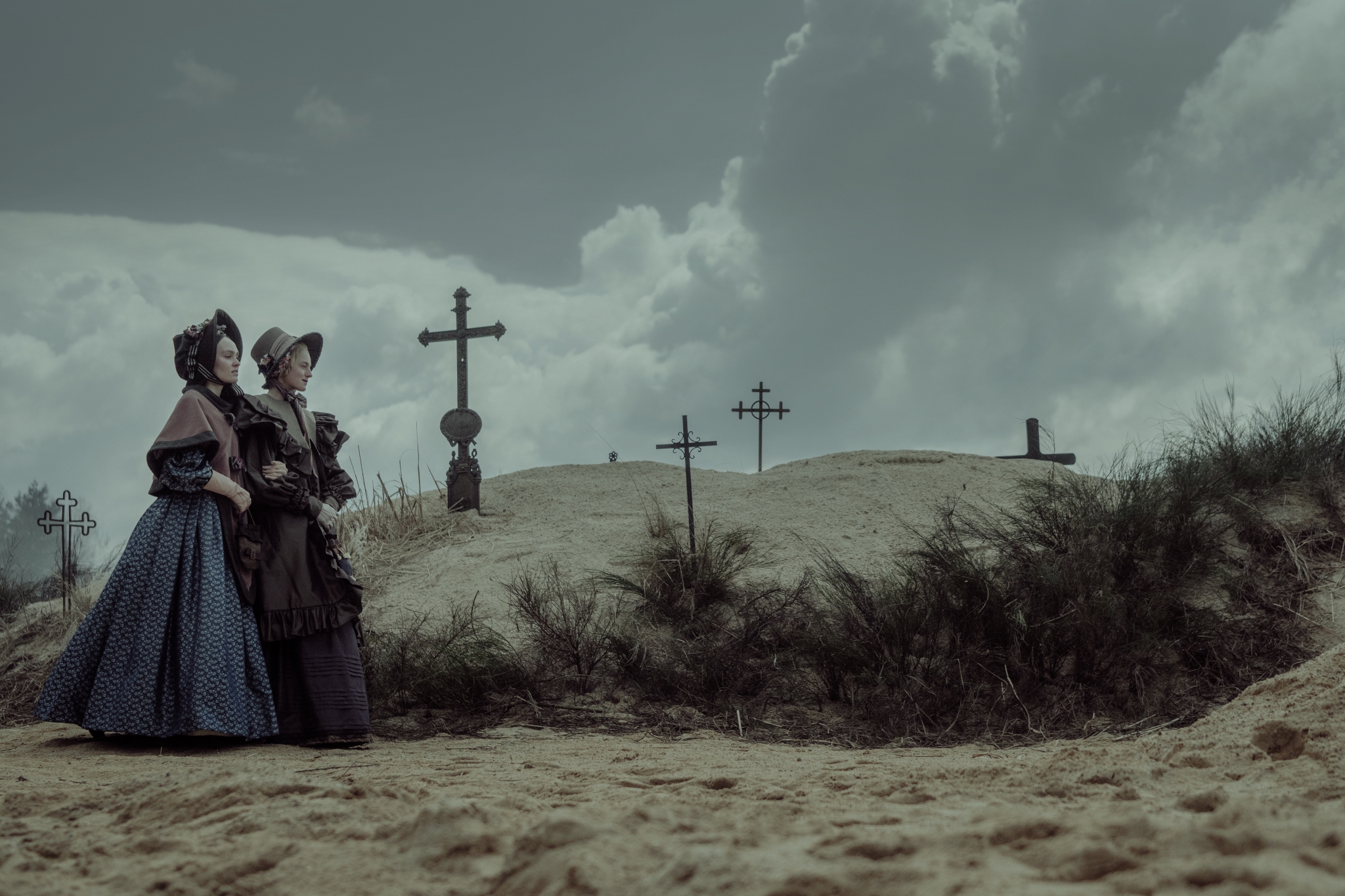
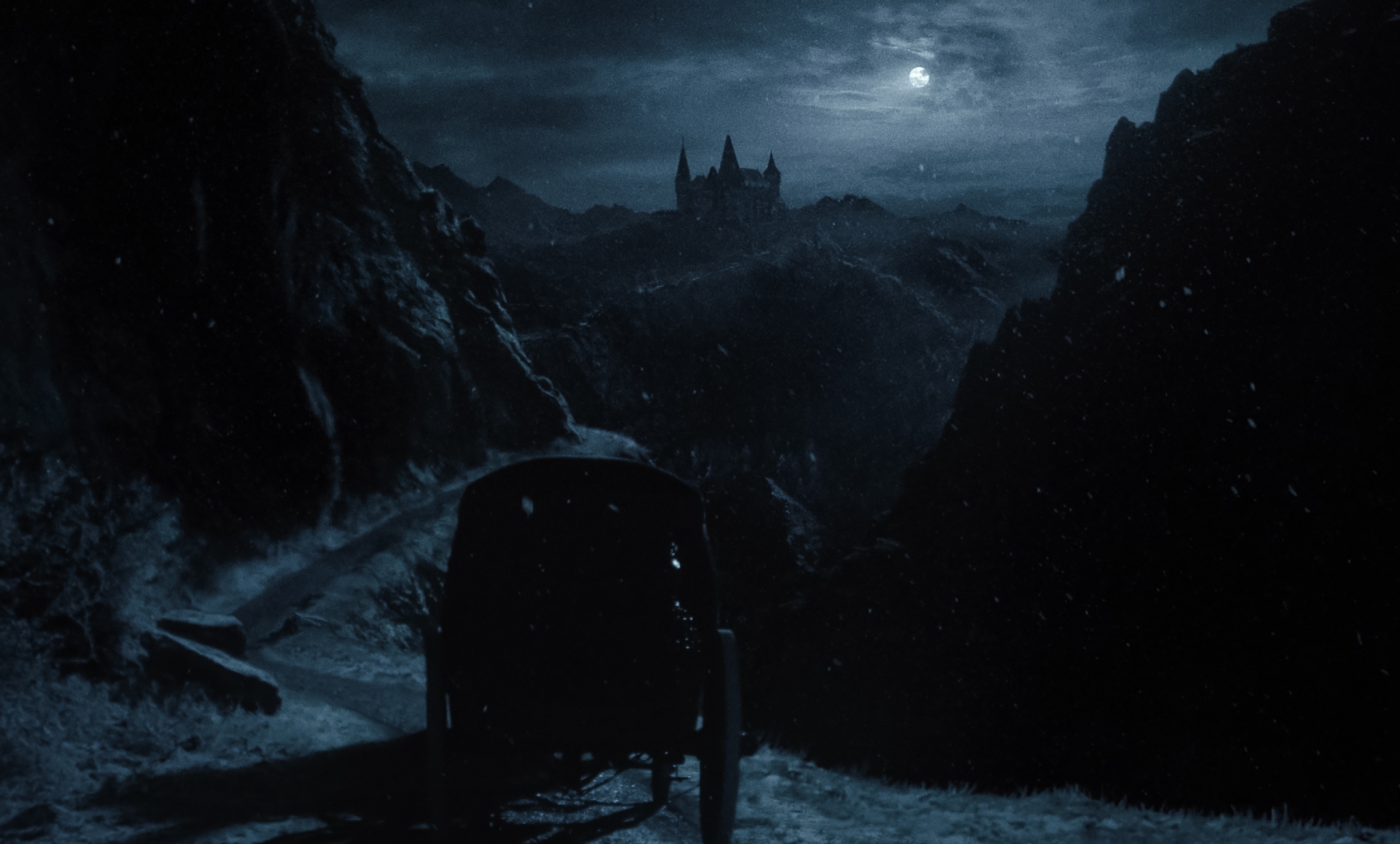
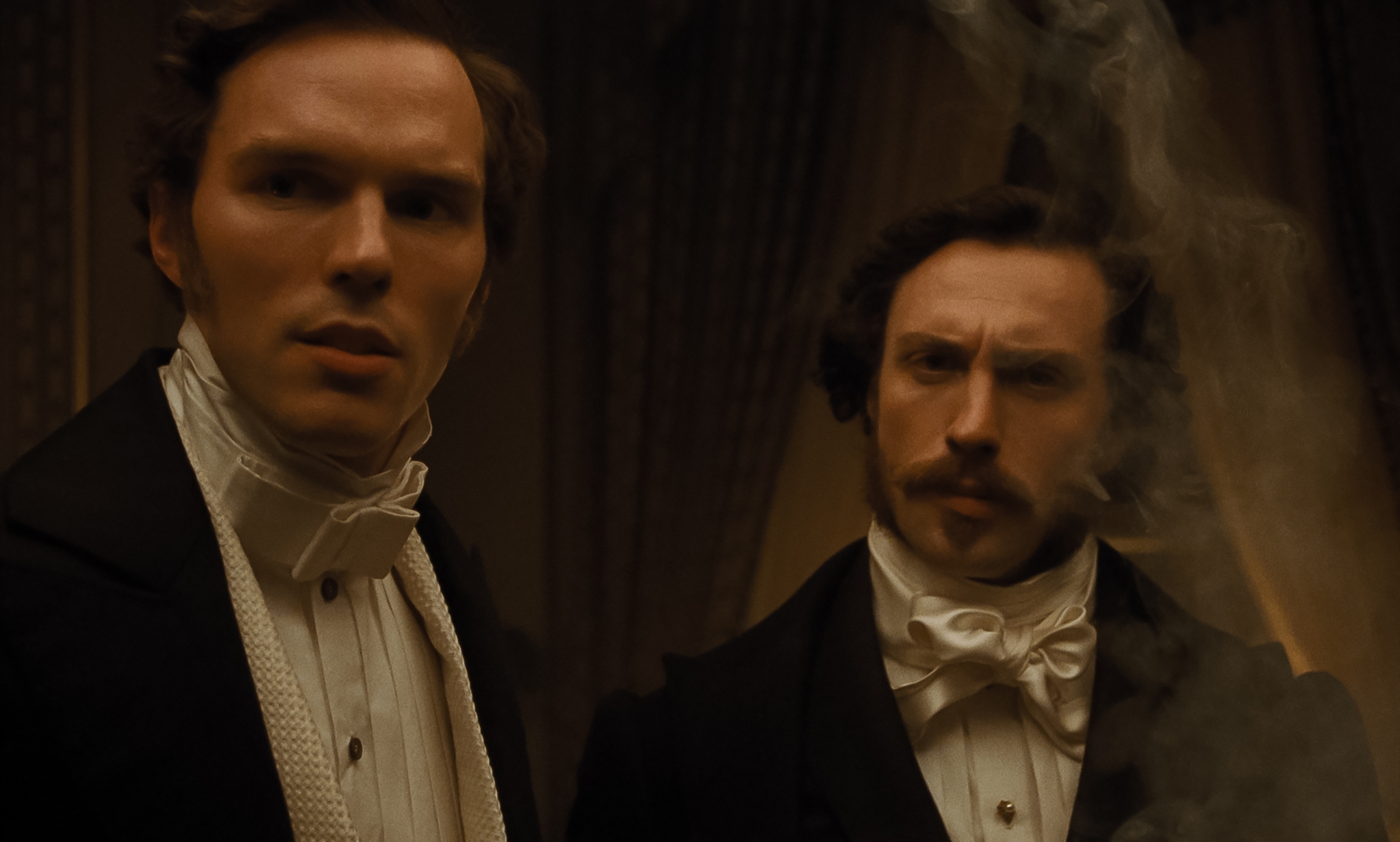
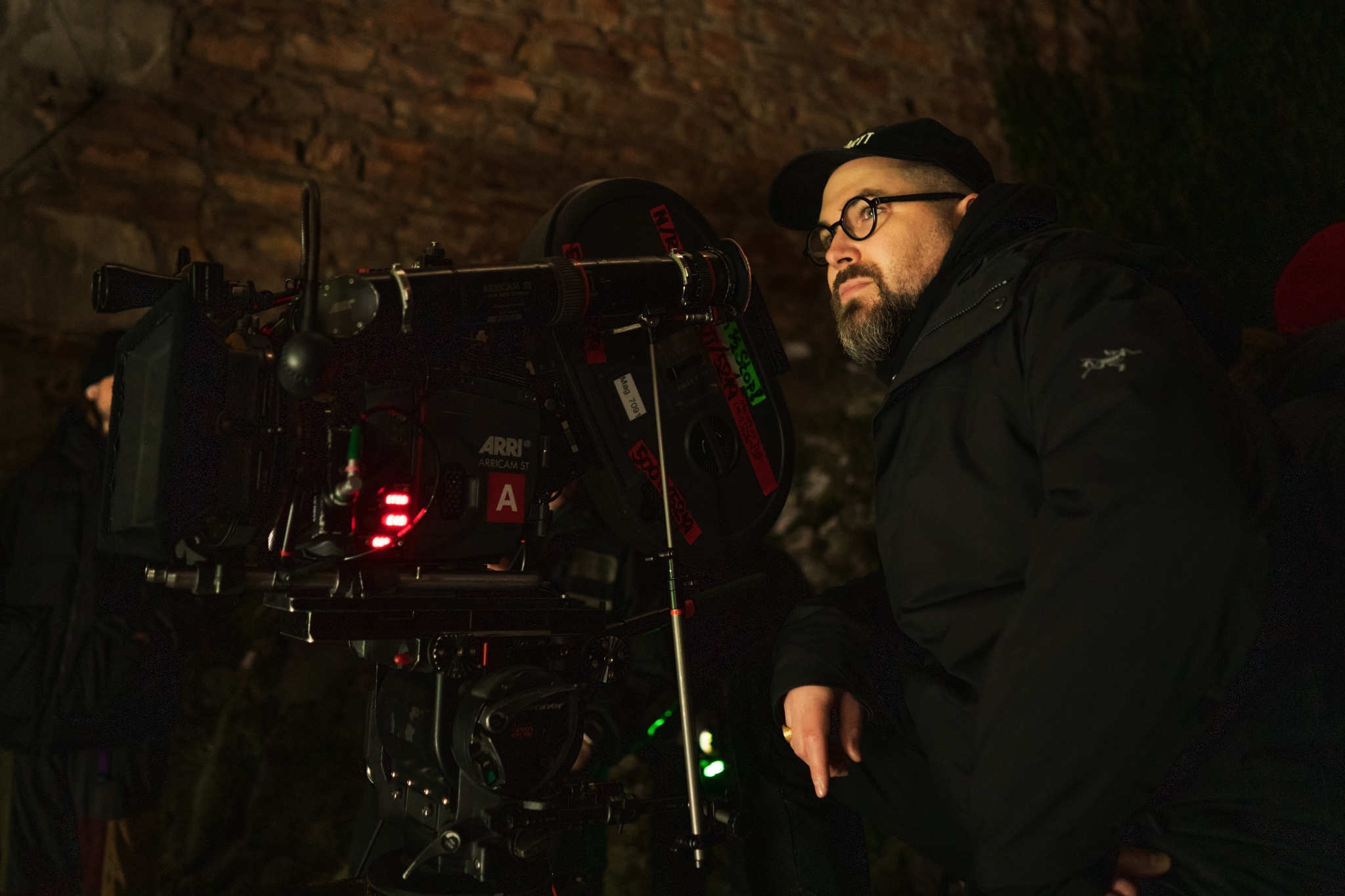
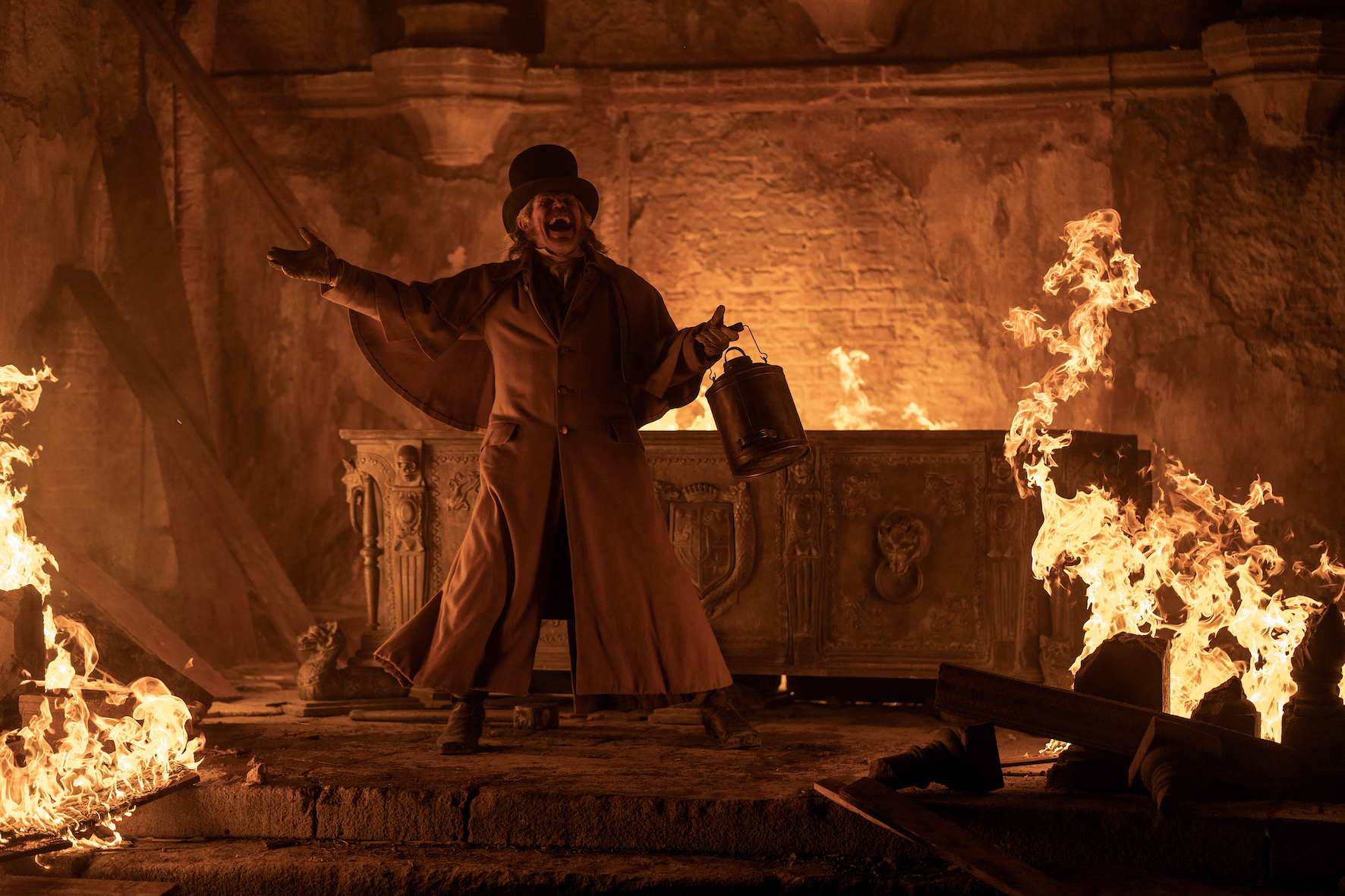
Opposite her stands Bill Skarsgård’s Count Orlok, a grotesque vision of inevitability. There is nothing romantic in his monstrosity. He is decay made flesh, shadow given form. “Orlok doesn’t need to speak,” Skarsgård says. “He’s just there. The thing you feel but don’t want to see.” Skarsgård’s transformation into Orlok was as consuming as the character itself. “The prosthetics were relentless, seven pieces just for the face,” he recalls. “By the time I looked in the mirror, it felt like Orlok was already alive. It wasn’t me anymore.” Still, beneath the terror, there lingers something tragic. “He’s terrifying, yes,” Skarsgård admits, “but there’s loneliness in him too. That’s what makes him unsettling. He’s something that shouldn’t exist, but does.”
Eggers is a filmmaker who understands that true fear lies in restraint. “The scariest moments are often the quietest,” he says. “That’s when the imagination takes over. When fear becomes personal.” Willem Dafoe, who plays the enigmatic professor, sees this restraint as central to the film’s weight. “The silence is alive,” Dafoe tells me. “It forces you to notice. Every flicker of light, every shadow. There’s no escape.” Dafoe’s professor is both witness and outsider. “The people in this story are in trouble because they don’t recognise the shadow side of things,” he reflects. “Probably the worst thing in life is not recognising the dark. Living tightly, repressively, denying yourself that truth.” This marks Dafoe’s third collaboration with Eggers, following The Lighthouse and The Northman. Their creative synergy is palpable, with Dafoe describing Eggers as a director who “builds worlds so immersive, you don’t just act, you inhabit.”
Emma Corrin’s Anna Harding isa quieter presence, but offers Ellen friendship and a semblance of stability. “Anna is the person who believes Ellen when no one else will,” Corrin says. “Her presence feels small, but it’s essential.” Yet even Corrin was not immune to the film’s visceral horrors. “The rats were real,” they laugh, uneasy. “There’s no pretending when they’re crawling near you. That’s the thing about Robert’s work, he wants you to feel it.” The film itself feels alive. Spaces feel oppressive, alive. The architecture itself becomes a character, with walls that sigh under their own weight. Silence presses in. Light falters.
“The scariest moments are often the quietest… That’s when the imagination takes over. When fear becomes personal.”
Robert Eggers
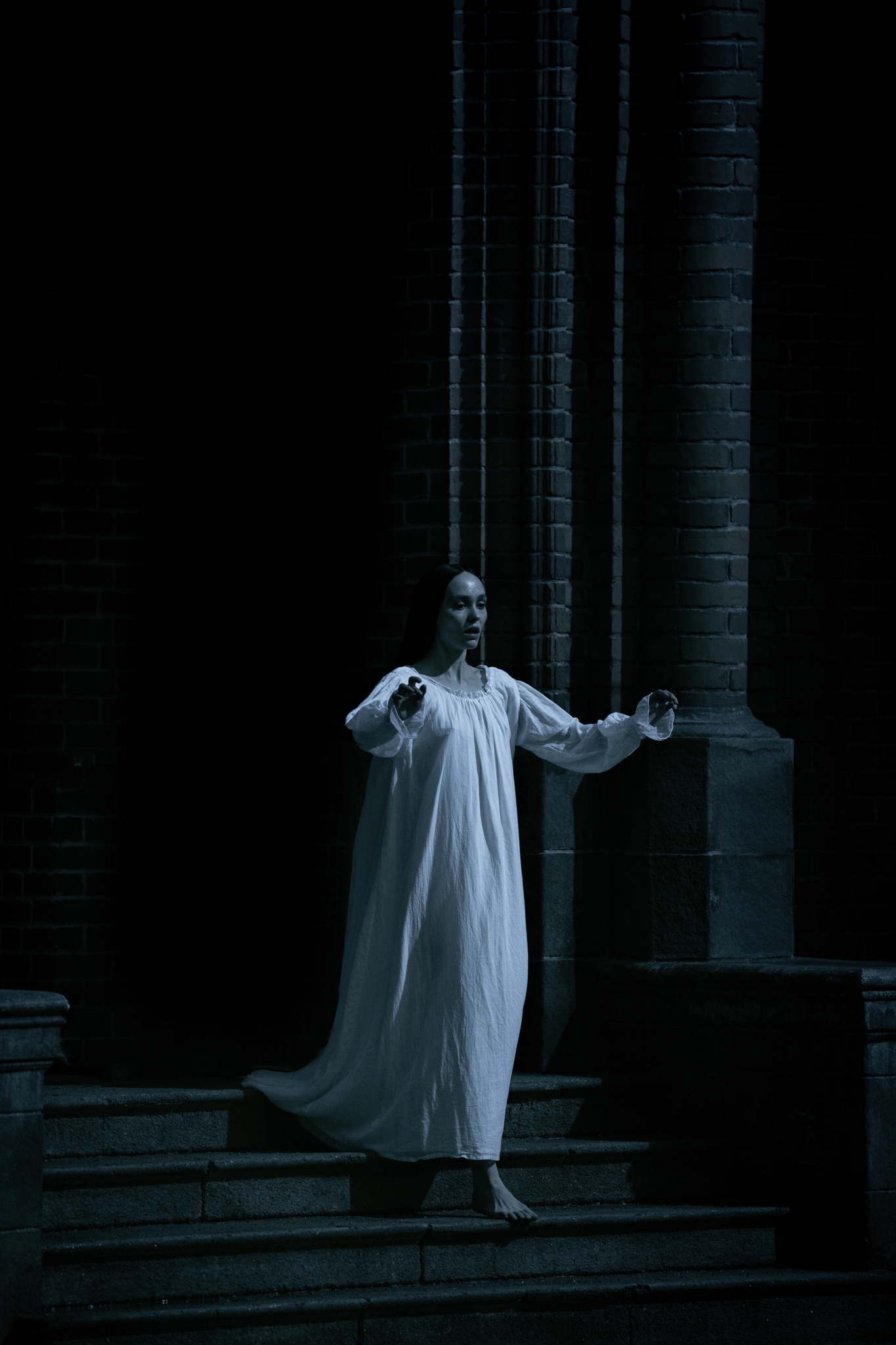
Lily-Rose Depp in Nosferatu (2024)
As our conversation draws to a close, I ask the cast and Eggers about their earliest memories of cinema, those moments that linger, the ones that shape our creative shadows. “The Wizard of Oz,” Depp says without hesitation. “I watched it endlessly as a kid. There’s something magical about its darkness and wonder.” For Skarsgård, it was The Lion King. “It’s Hamlet for kids,” he smiles. “The loss, the responsibility, it was the first time I realised how much a story could move you.” Eggers recalls Bambi. “It wasn’t enjoyable. It was horrifying,” he says faintly. “But it stayed with me. Early cinema communicates raw emotion through images alone. That’s what I wanted to capture here.” Willem Dafoe leaves me with something to ponder. “The Heart is a Lonely Hunter,” he says. “Alan Arkin plays this deaf-mute man who helps everyone, but no one sees his pain. Eventually, he kills himself, and everyone’s like, ‘Who knew?’ I was struck by the idea that the reward is in the act itself, not in what you get in return.”
It strikes me, as Dafoe speaks, that this sentiment captures the soul of Eggers’ Nosferatu. The film strips away the artifice of horror and asks us to sit with what lingers beneath, the shadows we carry, the truths we repress, the darkness we refuse to face. Much like Arkin’s silent hero, the reward is in the act of facing the shadows, not in what lies beyond.
Nosferatu will be released in cinemas in the UK on New Year’s Day.





